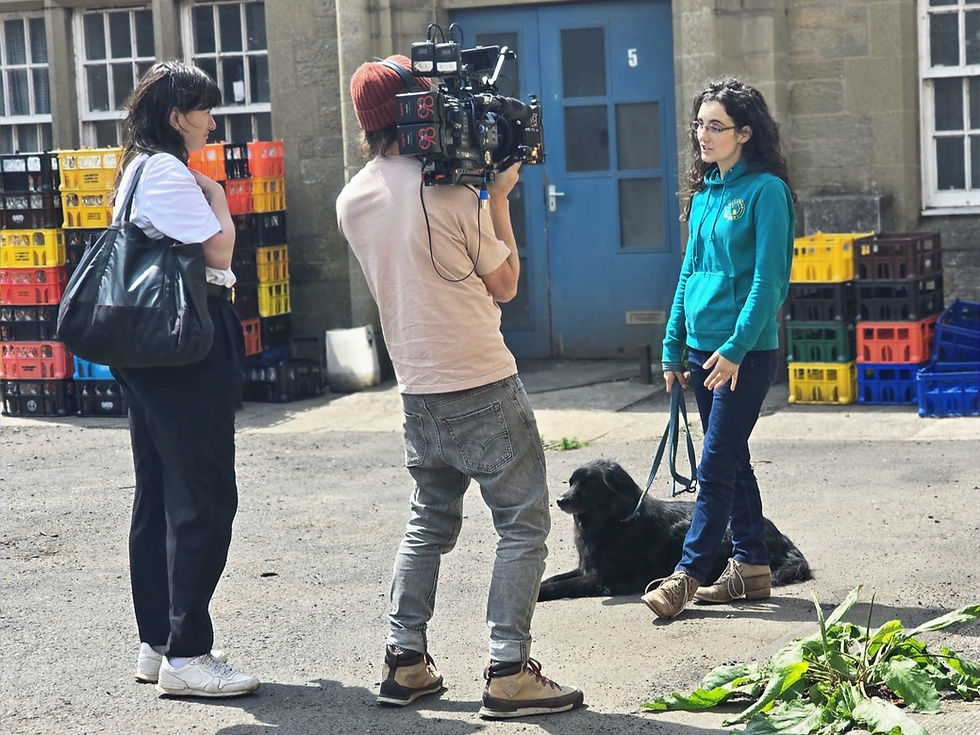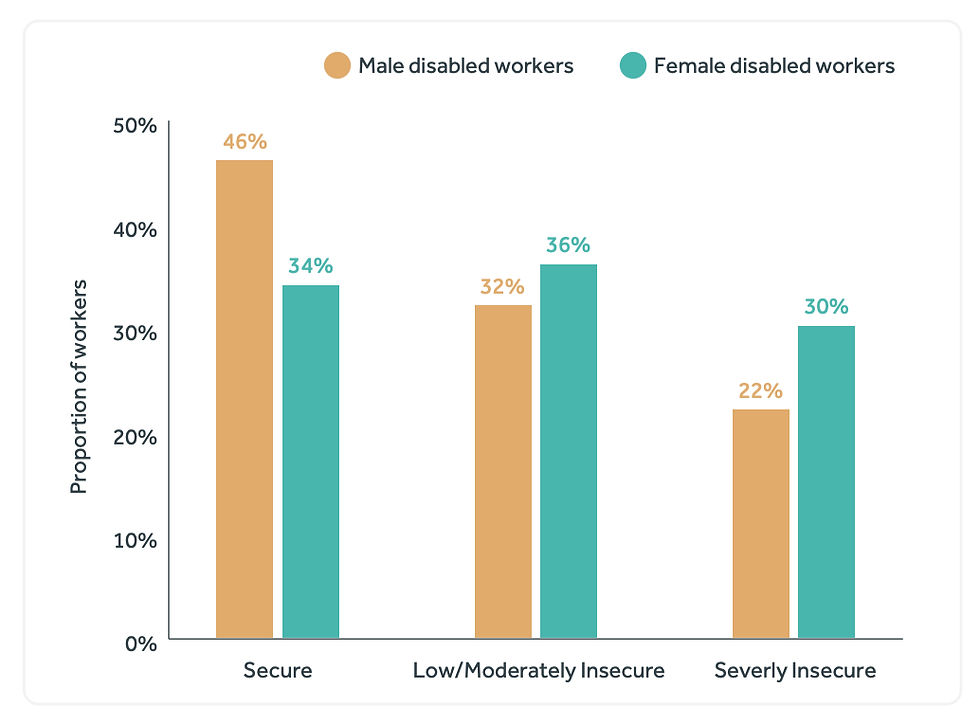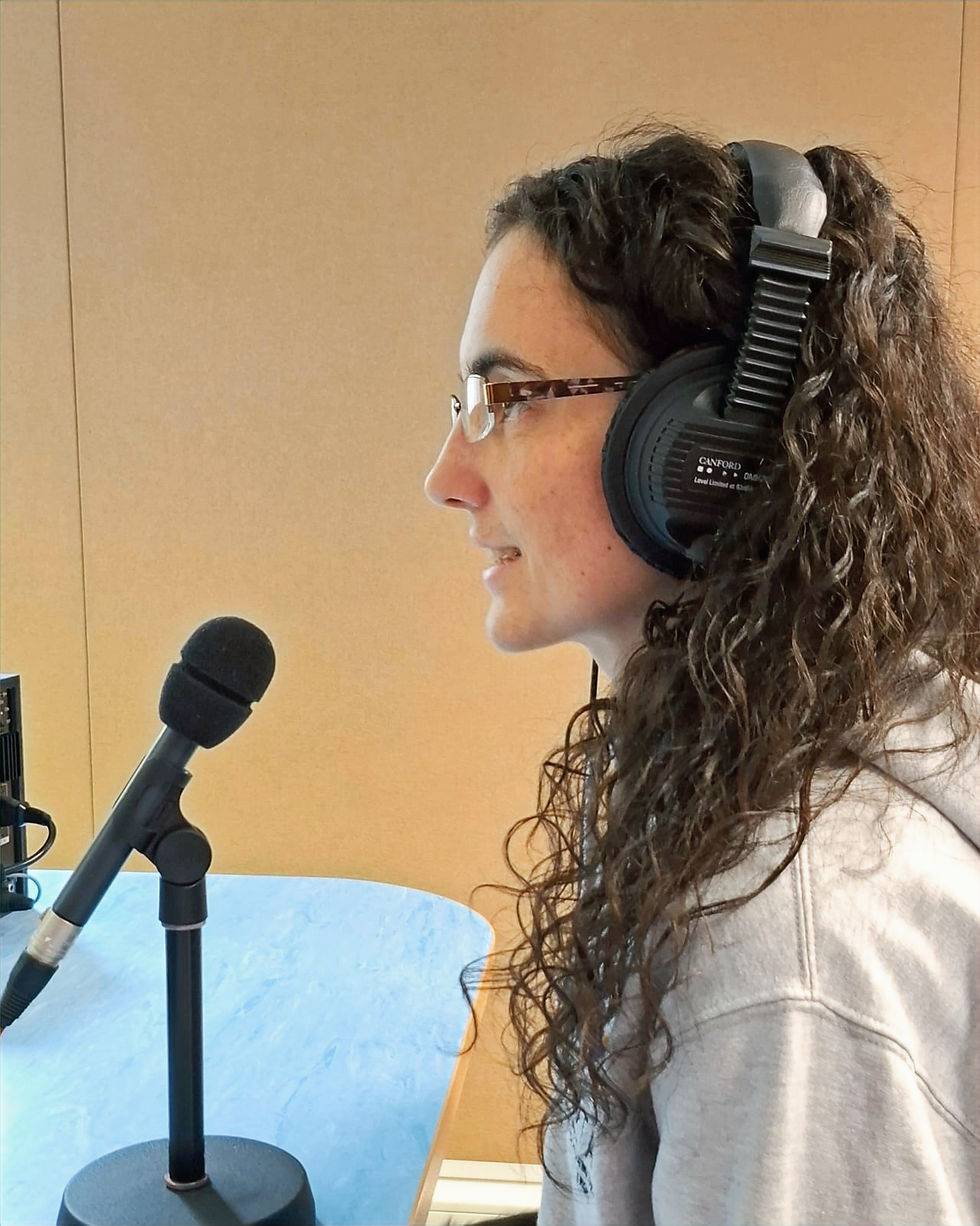Embracing My Platform As A Disability Advocate - My Beliefs
- Rachel Parker

- Sep 7, 2025
- 4 min read

Speaking out about the barriers and unnecessary challenges I’ve faced, because our society is built without disabled people in mind, has led me here. I didn’t set out to be a Campaigner, but I have become one.
You might know me as the Founder and CEO of The Frangipane Bakery. Although we’ve had to stop baking, the mission continues. The challenges behind the decision have highlighted that, now more than ever, things must change.
Why Now?
The so-called “support systems” for disabled people don’t work. My ongoing experience with Access to Work (AtW) is only one example. Barriers, delays, and discrimination are all too common in these “support systems” and wider society.
The government has set out plans “to reform employment, health and skills support to tackle rising economic inactivity levels, support people into good work, and create an inclusive labour market in which everybody can participate and progress in work.”
It says it wants to close the disability employment gap. But that can’t happen unless lived experience is at the centre of these decision and policy-making processes. You can’t effectively dismantle the barriers to fix a broken system without us.
But this isn’t just about work; that’s just the tip of the iceberg.
We live in a complex society, and no barrier exists in isolation. They are interconnected, multi-layered, and deeply entrenched. Their far-reaching and life-limiting impacts demand a holistic approach rather than siloed solutions.
Inaccessible systems create unnecessary barriers. Routine errands often turn into time-consuming and exhausting tasks. Understandably, this can reduce a disabled person’s capacity to work and, in turn, make us less attractive to employers.
The Reality
82.0% of non-disabled people are in employment compared to 54.2% of disabled people overall. A disability employment gap of 27.8 percentage points. (DWP, June 2025) However, only 30.2% of autistic people are in employment. An autism employment gap of 51.8% percentage points. (DWP, June 2025) This is despite the vast majority of working-age autistic people wanting to work. (The Buckland Review, February 2024).
There is a 12.7% pay gap between disabled and non-disabled employees. Autistic employees experience the largest pay gap of any disability type at 27.9%. (ONS, October 2024)
Disabled employees are more likely to be under-employed or in low quality jobs with 17% in low paid jobs vs 12% of non-disabled employees and 47% reporting prospects for career progression vs 57% on non-disabled employees. (ONS, October 2024)
46% of male disabled workers are in secure employment, compared to just 34% of female disabled workers. Whilst 30% of female disabled workers are in severely insecure employment, compared to 22% of male disabled workers. (The Work Foundation, June 2023)
13% of disabled workers are self-employed compared to 9% of non-disabled workers. Disabled workers are more likely to be self-employed, often due to barriers in accessing traditional employment. (The Work Foundation, June 2023)
Graph showing the intersection of gender, disability and insecure work:

People from underrepresented groups are often used as ‘role models’ to encourage others and facilitate organisations to present an image of inclusivity and accessibility. However, we don’t need encouragement; we have our own ambitions. What we need is for societal barriers to be removed so that we no longer need to lower those ambitions in order to make them a reality.
Organisations frequently capitalise on the successes of disabled individuals for publicity. While it's right to celebrate our achievements, it is frustrating when organisations use us to boost their credibility without providing meaningful support. Part of their role is to help us achieve equality by leveraging their influence to mitigate and dismantle the barriers we face, and create a more inclusive society.
My Vision for Change
I believe that an inclusive society is possible.
"Never doubt that a small group of thoughtful, committed citizens can change the world; indeed, it is the only thing that ever has." - Margaret Mead
I believe:
Everyone deserves the dignity of a meaningful and worthwhile job, regardless of their circumstances or background
Lived experience is expertise and deserves to be valued and compensated just as we would any other consultant
Investments need to be focused on meaningful, tangible and long-term improvements to quality of life
Integrated and intersectional solutions are essential
Universal design to make society more accessible benefits everyone, not just disabled people
Peer support provides vital community and connection for people facing systemic barriers
Everyone has a valuable role to play in creating societal change
Why This Benefits Everyone
Creating an inclusive society creates change that is an investment for everyone.
For every £1 invested by Access to Work £1.48 is returned to the economy (Department for Work and Pensions, June 2011)
Supporting disabled people into work reduces reliance on welfare, health, and emergency services (National Audit Office, 28 March 2019)
Companies with strong disability inclusion practices report 30 % higher profit margins alongside improved employee motivation and access to a wider talent pool (World Economic Forum, 23 May 2022)
For disabled people, the benefits are obvious: increased dignity, freedom, purpose, wellbeing, independence, and financial security.
The reality is any one could become disabled at any time.
This isn’t just about us. It’s about all of us.

Why Me?
When I see inequality, unfairness and discrimination, I feel compelled to do something about it.
My work is about hope, transformational change and sharing good practice that can be expanded and replicated throughout society.
Having experienced discrimination and inaccessibility, I am ready to share the learning from this, so that together we can do better.
Now that I have a national platform, having been invited to speak on BBC Radio 4’s Woman’s Hour and featured in papers such as The Big Issue and The i Paper, I intend to use this platform to continue speaking out and amplify the calls for societal change.
If you share my vision for change, join my mailing list to stay connected
Sign up to my mailing list here
Follow me on Instagram @Rediscovering_Rachel
Connect with me on LinkedIn here
Comments